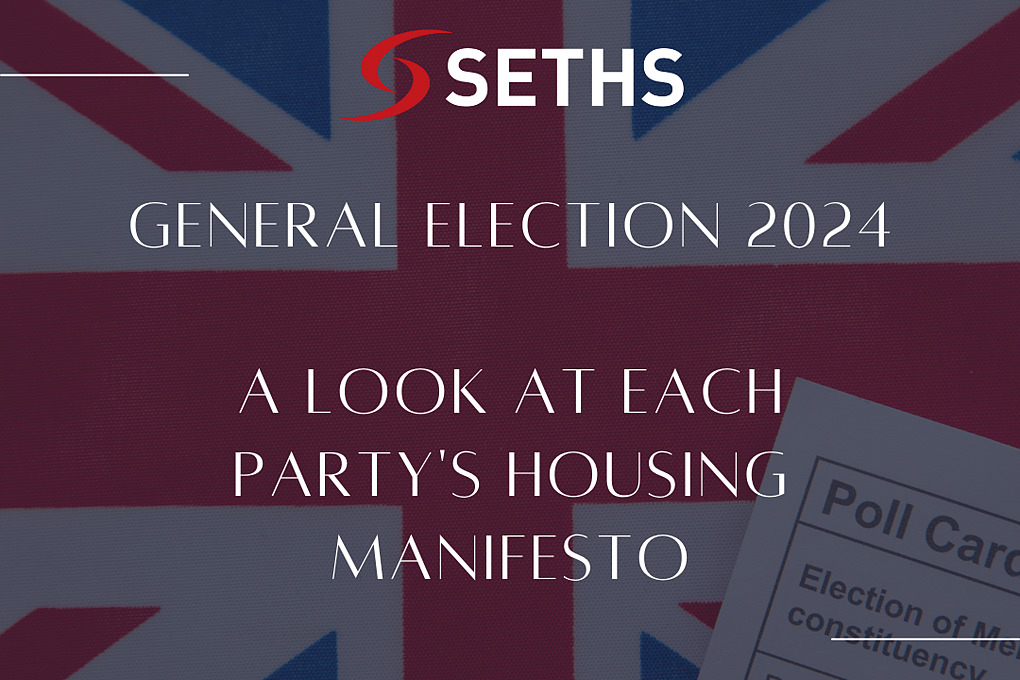General Election 2024: A Look at Each Party's Housing Manifesto

- Jun 19th 2024
We’ve reviewed the housing policies of the main political parties so you don’t have to.
Key Points:
- All three parties pledge to ban no-fault evictions for renters.
- All three parties commit to reforming or ending the leasehold system.
- All three parties aim to build at least 1.5 million new homes over the next parliament.
As the general election approaches, all major political parties have released their manifestos, detailing their plans and policies. We've focused on housing policies, comparing the commitments of the Conservatives, Labour, and the Liberal Democrats for you.
What Are the Political Parties’ Policies on Housing?
The Conservatives promise to build 1.6 million new homes over the next parliament. They plan to renew the Affordable Homes Programme for developers, aiming to support the construction of affordable housing.
For first-time buyers, they propose stamp duty exemptions, a new Help to Buy scheme, and a mortgage guarantee scheme to make home ownership more accessible.
Renters will see the completion of the Renters Reform Bill and a ban on no-fault evictions.
Leaseholders can expect reforms such as capping ground rents at £250 and ending the misuse of forfeiture. Additionally, the Conservatives intend to continue their current plans to end rough sleeping.
Labour aims to build 1.5 million new homes over the next parliament, with a significant increase in social and affordable housing, focusing on social rented homes.
For first-time buyers, they offer a comprehensive mortgage guarantee scheme and a "first chance for first-time buyers" initiative on new-builds.
Renters will benefit from a ban on no-fault evictions, an extension of Awaab’s Law, and empowerment to challenge unreasonable rent increases.
Labour also plans to reform the leasehold system, ensuring commonhold becomes the default tenure.
To combat homelessness, they propose developing a new cross-government strategy to end homelessness.
The Liberal Democrats pledge to build 380,000 new homes per year. They propose constructing 150,000 new social homes annually and giving local authorities the power to end Right to Buy.
First-time buyers will benefit from a Rent to Own model, where rent payments progressively give social tenants ownership over 30 years.
Renters can expect a ban on no-fault evictions, the introduction of a national register of landlords, and the implementation of three-year default tenancies.
The party also promises to abolish residential leaseholds and cap ground rents.
To address homelessness, they aim to end rough sleeping within the next parliament and scrap the Vagrancy Act.
As we approach the general election, understanding each party's housing policies is crucial. Each party offers distinct plans to address these critical issues.








